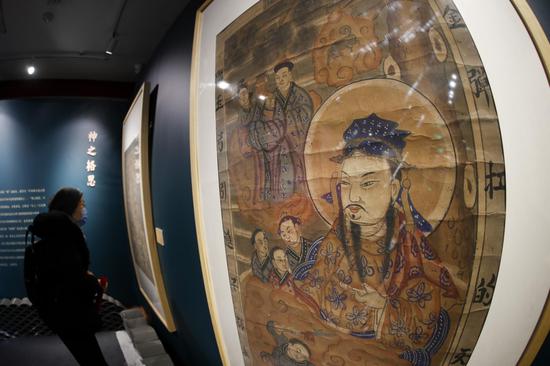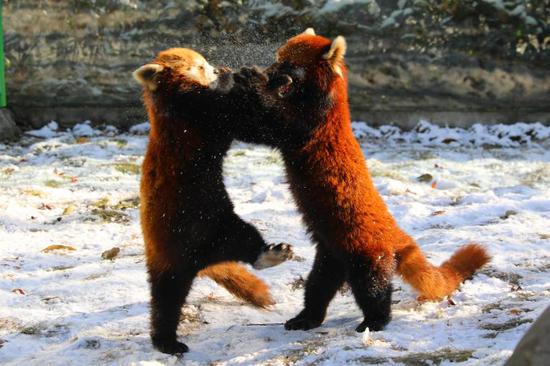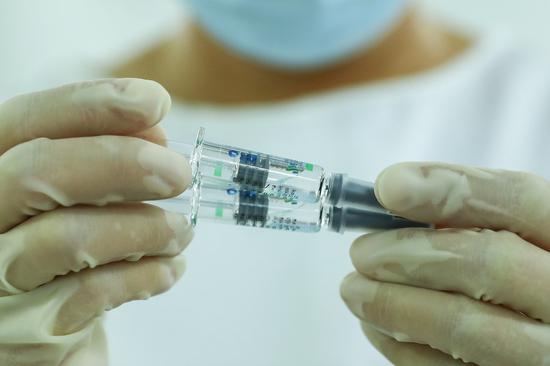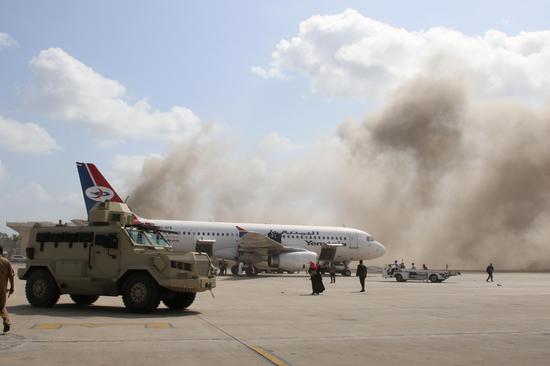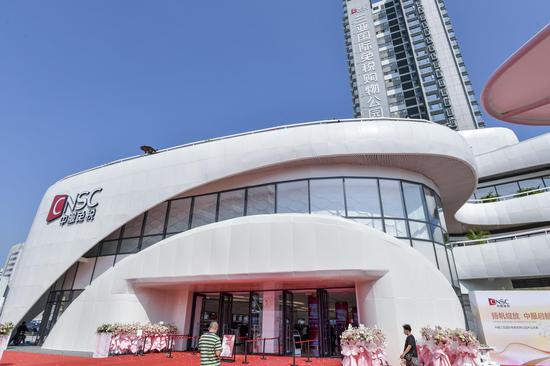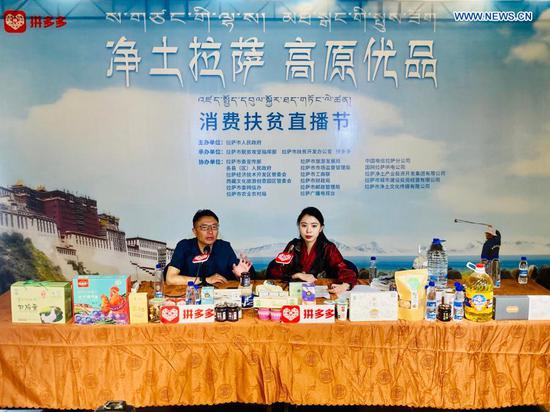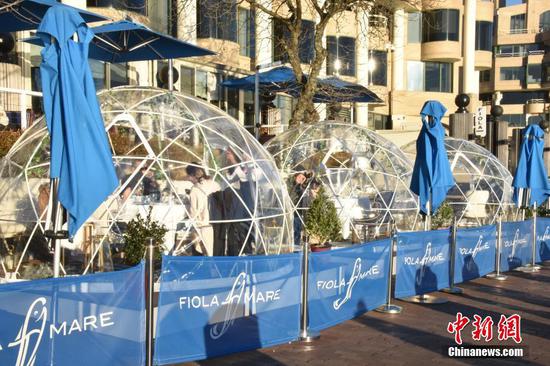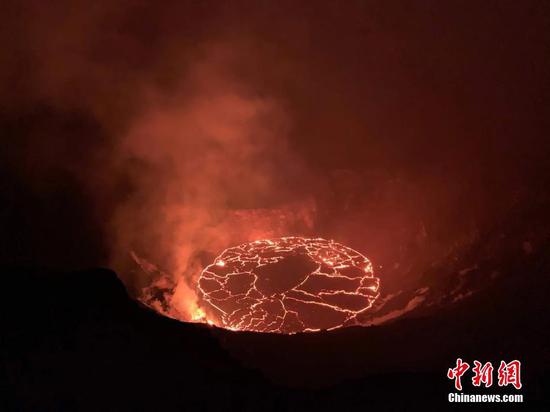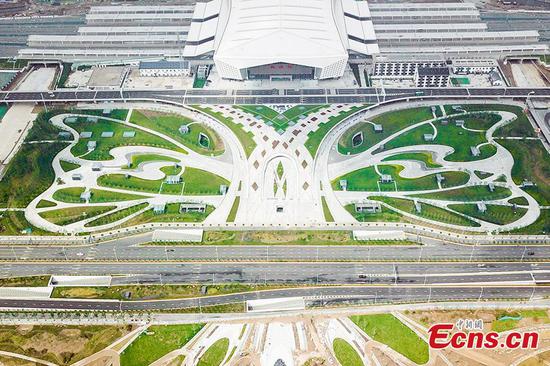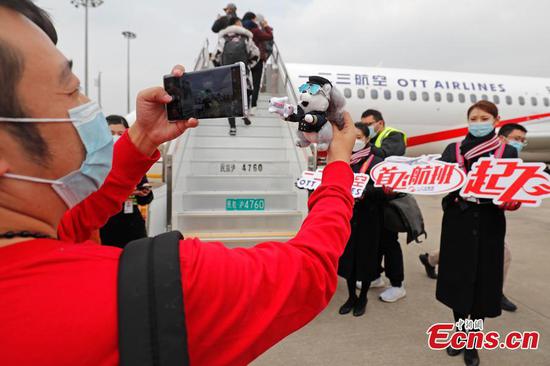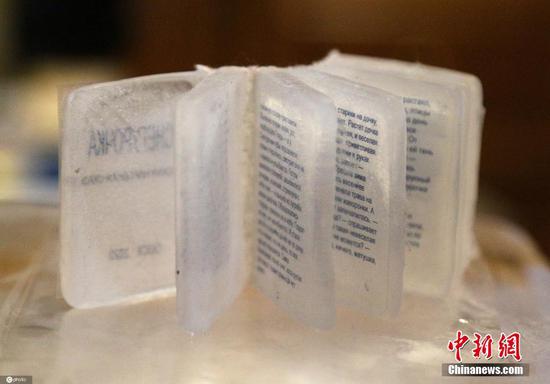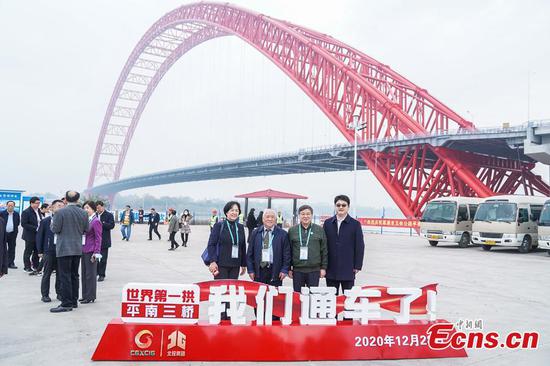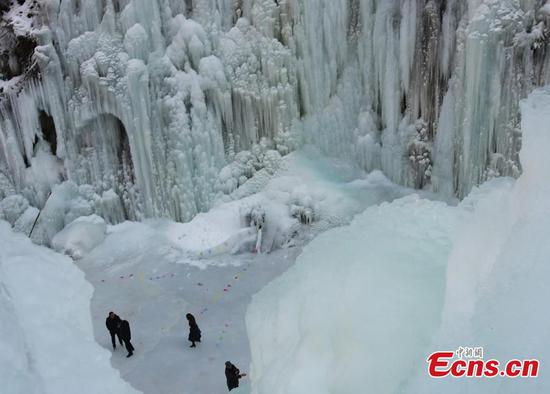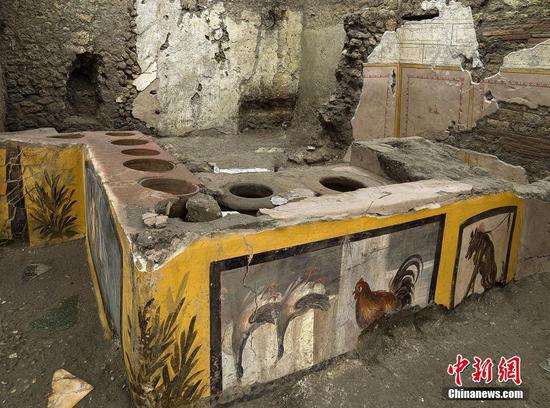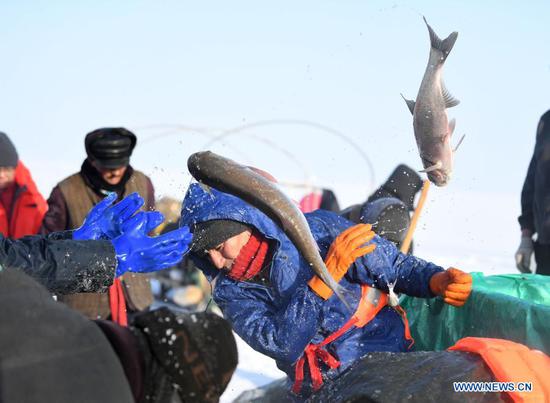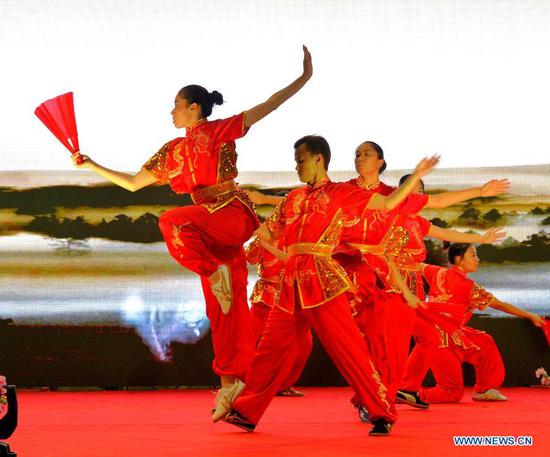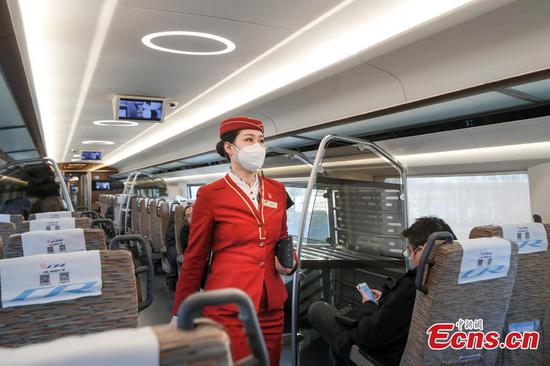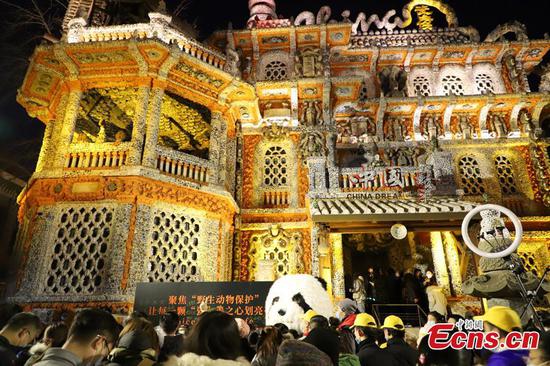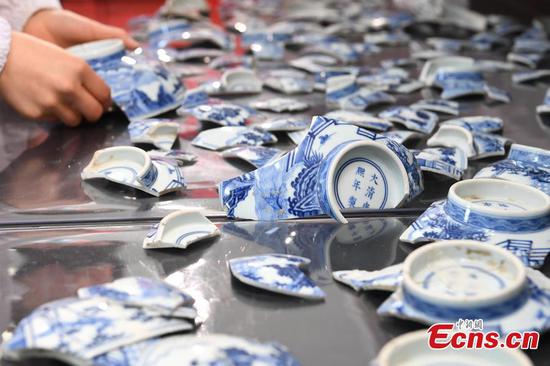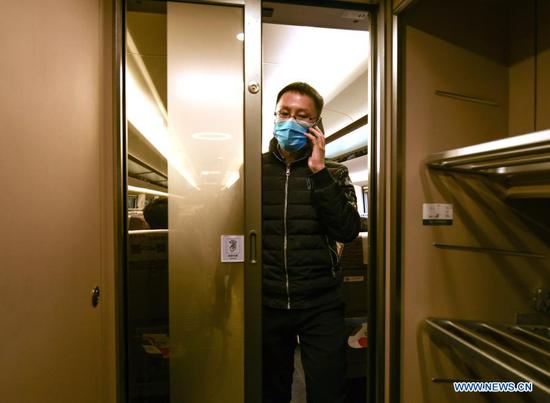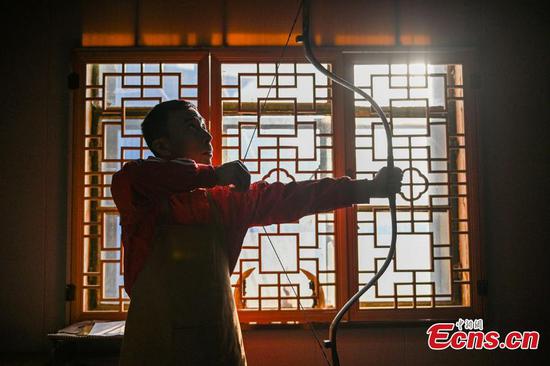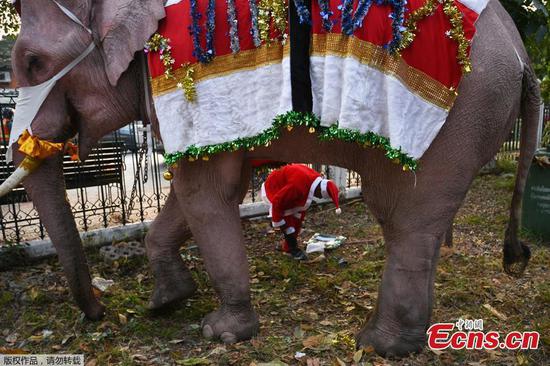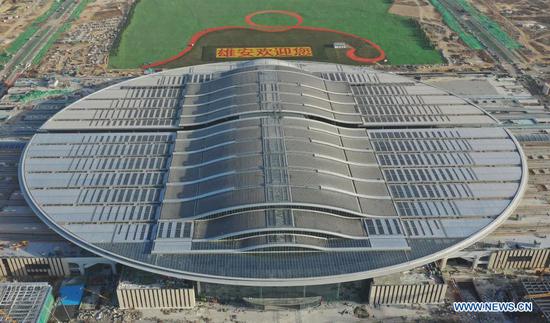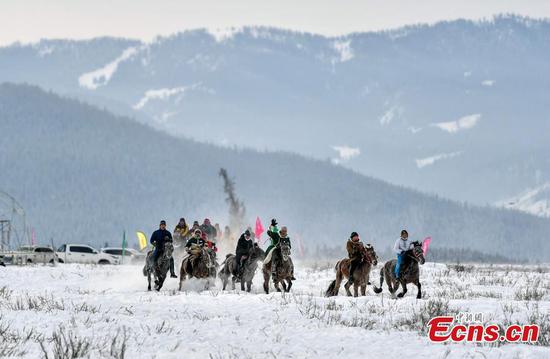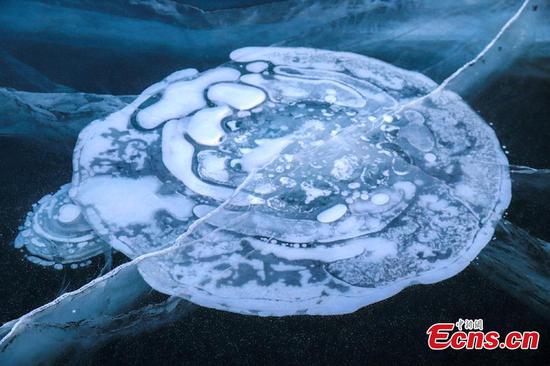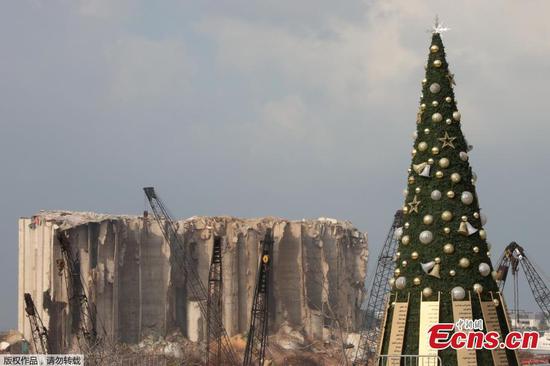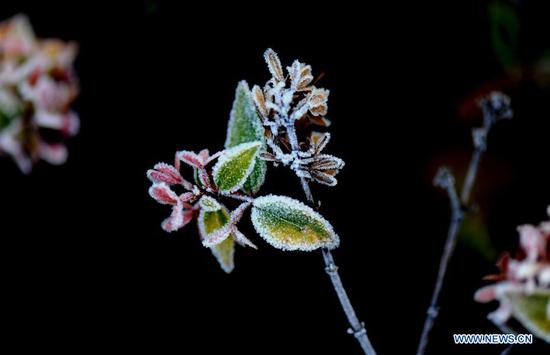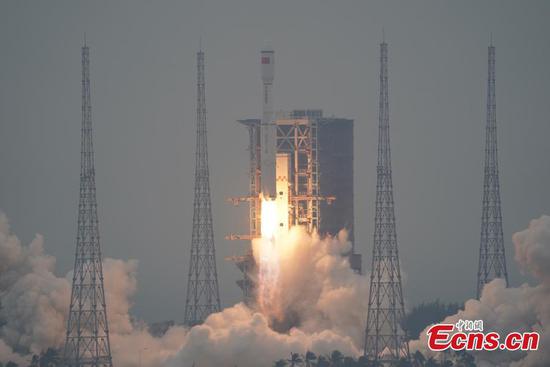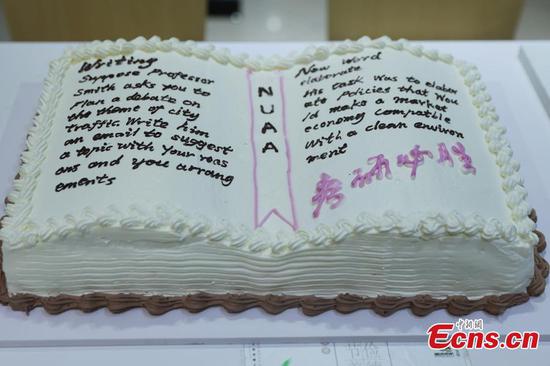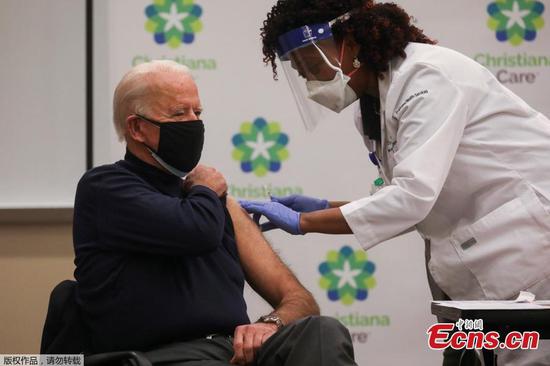Japan on Thursday reported a record high of 4,519 new daily COVID-19 infections, marking the first time the nationwide daily tally has topped the 4,000-mark since the outbreak of the pandemic here.
The latest nationwide figure far exceeds the previous record of 3,881 new infections booked on Saturday.
The country's cumulative total of infections has risen to 235,751, not including cases related to a cruise ship quarantined in Yokohama earlier this year.
Tokyo and its surrounding prefectures of Saitama, Chiba and Kanagawa, as well as Fukuoka and Gifu prefectures all reported record-high new cases on Thursday, leading to Prime Minister Yoshihide Suga to urge people to stay indoors.
"I would like to ask people to avoid nonessential outings in Tokyo and other areas where infections are surging," Suga told reporters.
"We will make utmost efforts in preventing a further spread of infections while preserving the current health care capacity through the holidays," said Suga in response to a question as to whether his government is thinking about declaring a prefectural or nationwide state of emergency.
In Tokyo, the hardest hit by the virus among all 47 prefectures in Japan, the metropolitan government reported 1,337 new daily cases on Thursday, with the number of infections surpassing the 1,000-mark for the first time since the outbreak of the pandemic.
The capital's latest daily infection tally compares to the previous record of 949 cases logged last Saturday, as the city continues to grapple with consistently rising infections.
The jump in new cases has now seen Tokyo's total caseload of infections reach 60,177 people, with the rapid spread of the virus leading to Tokyo Governor Yuriko Koike telling Tokyoites to stay at home over the New Year holidays.
At an extraordinary press conference on the matter, Koike warned that Tokyo was in the grip of the third wave of infections and urged people to refrain from holding New Year and other parties, saying the situation is at a "crossroads."
Tokyo is being hit by a third wave of "unprecedented size", Koike said. "This year-end and New Year holidays we are at a crossroads as to whether we can stop the spread of infections. I want you to prioritize your lives," she added.
Koike went on to urge people to spend the year-end and New Year holidays quietly at home and not to hold year-end parties, new year parties, or dinner parties.
The severity of the situation in the capital has been punctuated by several new, highly transmissible strains of the virus being detected in Japan recently.
The new virus variants, first detected in Britain and South Africa, saw the government here tighten its border restrictions and ban most entries to Japan while stopping the issuing of new visas.
The latest figures also come as Tokyo's medical system is becoming increasingly strained owing to increasing instances of infections, with health care experts warning that the situation is "entering a critical stage" due to the virus' surge.
The experts said the medical system in the Japanese capital "may collapse if the situation continues."
Tokyo raised its alert regarding the strain on its medical system for the first time since the outbreak of the virus to the highest on its four-tier scale where it has been kept in place since mid-December.
As for other hard-hit regions in Japan, the western prefecture of Osaka reported 313 new daily cases on Thursday, bringing its overall tally to 29,999 infections, while Tokyo's neighboring prefecture of Kanagawa confirmed a record 588 new cases to a total of 21,262 infections.
The central prefecture of Aichi, meanwhile, reported 239 new infections, bringing its caseload to 16,572, while Saitama Prefecture, also near Tokyo, added a record 330 cases to total 14,295.
Japan's northernmost prefecture of Hokkaido, meanwhile, confirmed an additional 167 new daily infections to total 13,442 cases.
According to the latest statistics, the national death toll currently stands at a total of 3,505 people.









